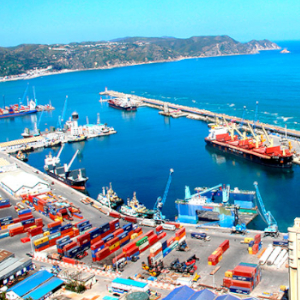
A Maghreb nation has taken decisive steps to tighten control over its import sector, introducing new regulations aimed at reducing excessive reliance on foreign goods and services while aligning trade flows with national economic priorities.
The Ministry of Foreign Trade recently unveiled a series of reforms designed to safeguard the country’s dwindling foreign exchange reserves and rationalize public expenditure.
Central to these reforms is the introduction of a mandatory prior authorization process for all service imports, a rapidly expanding sector encompassing consulting, technical maintenance, and digital services.
Authorities now require that any bank domiciliation linked to these services receive approval in advance, enabling the state to monitor financial outflows more closely and curb non-essential expenditures.
Further tightening comes in the form of a compulsory “forecast import program” for goods. Both public and private economic operators must submit detailed import plans for products intended for business operations or equipment.
This measure seeks to discourage unnecessary purchases and promote a more deliberate approach to consumption, with financial institutions instructed to rigorously enforce the new protocols.
Alongside these measures, the Ministry of Foreign Trade has launched a comprehensive verification campaign targeting companies that imported goods and services during 2024 and the first half of 2025.
Firms are now required to submit tax records, customs declarations, and other supporting documentation. While presented as a form of assistance, the operation is primarily focused on detecting irregularities and ensuring compliance with trade regulations.
Authorities stress that these reforms represent a vital step towards enhancing economic governance and safeguarding public finances. By reinforcing transparency and efficiency in resource management, the government aims to promote a more sustainable trade environment—one that supports national development goals while preventing financial leakages.
This tightening of import controls marks a clear signal that the country is resolutely focused on managing economic challenges with stricter oversight and greater fiscal discipline.



